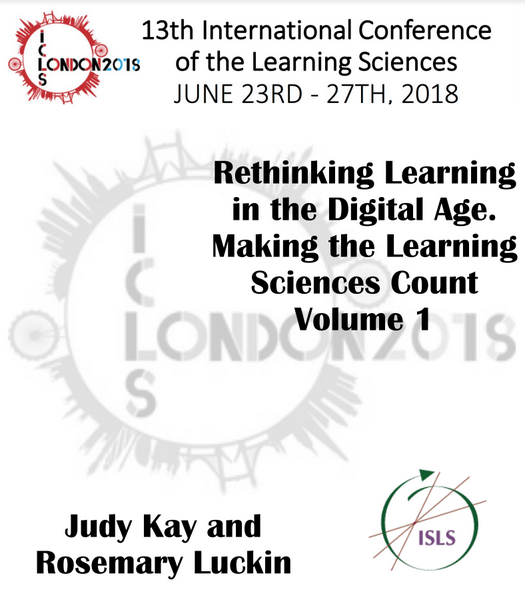Three Research Directions for Affective Learning Technologies
Looking to the future of advanced learning technology research, understanding, supporting and explicitly designing for the role of affect is of great importance. I highlight three emerging areas of research with current research exemplars. First, simulating affect is necessary to enhance human-like relationships with technology; for example, with artificially intelligent virtual agents, or teachable robots as learning companions. Second, sensing and responding to learner affect in immersive learning experiences as well as learning at scale is rapidly evolving; for example, through affective intelligent tutoring systems, or dashboards driven by multimodal analytics. Third, designing technology-based learning experiences that promote, elicit and support affective outcomes requires theory building within the learning sciences; for example, to realize outcomes such as empathy or curiosity and formulate linkages to learning. Finally, I suggest how research in these areas of affective technology afford new opportunities to prepare learners for future learning and work environments.

